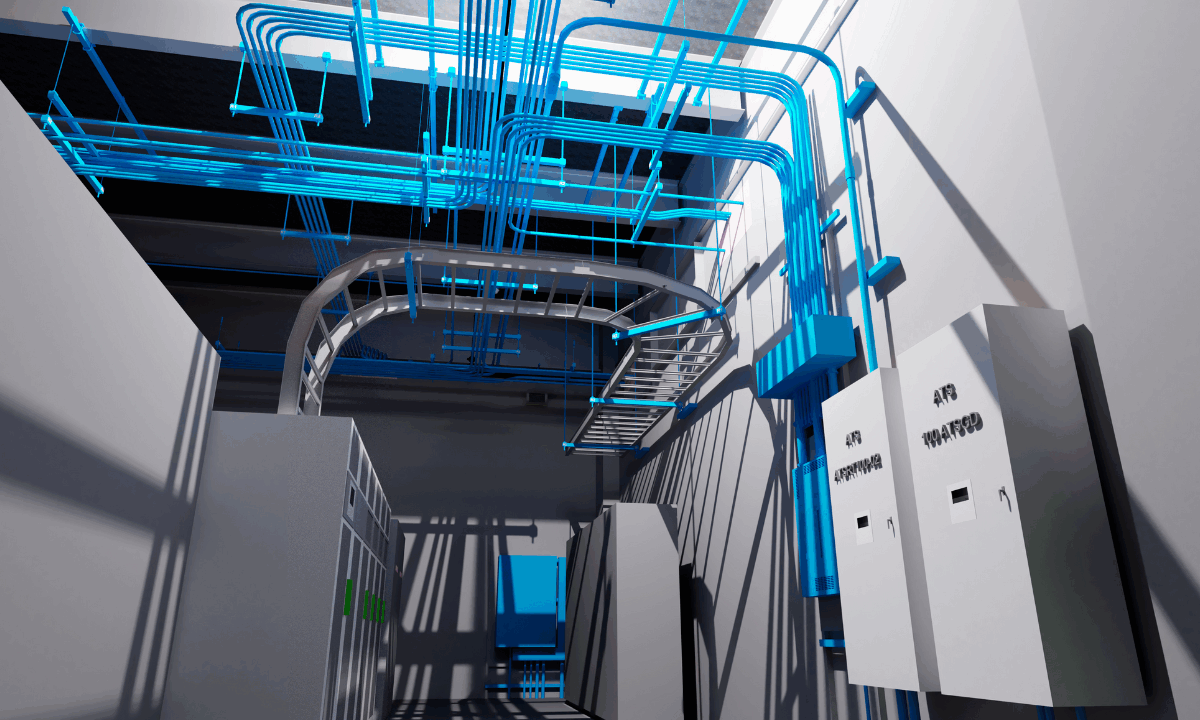Productivity gains in the construction industry continue to lag behind other market sectors. Over the past few decades, there has been a lack of innovation and disruption in the industry. Many companies still fundamentally operate the same way they did 30 years ago, trying to make yesterday’s processes work in a very different world.
This has begun to change. Although the worldwide, $10 trillion-plus engineering and construction sector remains under-digitized compared to other industries, contractors are embracing new technologies in order to offset the effects of labor shortages and resource constraints.
As investment in construction tech grows, developers are exploring how artificial intelligence (AI) and machine learning applications can boost construction productivity and efficiency. Although it’s still the early for AI construction technology, it has the potential to transform how the industry operates.
Drivers of Tech Adoption
The ongoing skilled labor shortage continues to afflict construction firms, forcing them to find ways to do the same amount of work with fewer workers. This can take the form of automation or streamlining workflows using technology.
More than 80% of construction firms reported having trouble recruiting for hourly craft labor positions in 2019. Not only has the labor pool never fully recovered from the dark days of the Great Recession, when many workers left the field, but the ranks of the remaining experienced workers are thinning as the baby boomers age out.
Meanwhile, competition in the market continues to heat up. Faced with ever-shorter project durations and tighter margins, companies must find innovative ways to improve their bottom lines and complete projects on schedule in order to survive.
AI Advantages
The construction industry is still years away from leveraging the power of digital technology to its fullest potential, but the advantages of AI applications are becoming clear. With the capability of processing and analyzing large amounts of information, AI is well-suited for automating and streamlining office-driven processes.
In other industries, billion-dollar companies are investing in the idea of robotic process automation (RPA) to free workers from repetitive, low-value-added tasks like data entry, basic reporting and paperwork. As described by the Intelligent Information Management Industry (IIMI) Blog, RPA uses software tools to free up workers and management “for higher-value tasks that require human creativity, ingenuity, and decision making.”
In the construction industry, historically plagued with tons of paperwork and tedious reporting tasks, an AI-powered RPA approach can automate error-prone work processes usually performed by humans.
Using AI and machine learning, large amounts of data can be parsed with much more accurate results, shortening processes that typically take days, weeks and months to complete down to minutes and hours. Automating laborious management tasks, such as extracting submittals, eliminates common time sinks and lets construction teams focus on keeping projects on schedule and within budget.
Better Insights
What sets AI apart from other digital technologies? It’s not just good at managing data. It excels at analyzing it.
Construction generates a lot of data. It’s not unheard of for contractors to produce hundreds of gigabytes of files for just one project. And if a general contractor is doing hundreds to thousands of such projects, that’s an immense amount of data being created—data that just ends up unused after the fact, languishing in the cloud or on hard drives.
A construction company can spend a decade in the field, building dozens or hundreds of new projects, encountering and solving painful problems during each. But the lessons learned are too often forgotten, with the data locked in different silos or stuck in somebody’s brain.
AI can analyze the information that contractors learn from job to job, applying the insights to the next one. Questions can be asked: “What are the things I should do to be able to mitigate this risk based on past performance?” Insights and answers can be generated, leveraging the data from past projects to create more predictable, successful outcomes for future projects.
The Future of Construction AI
In terms of management processes, the construction industry is still ripe for disruption. Work processes are often very fragmented, spread across multiple stakeholders such as the projects owners, designers, general contractor and subcontractors.
There are still so many pain points that can be addressed through digital technology, which can target workflows, process automation and business process improvements. AI will not remain confined to processing intangible data, however. Its presence will be felt in the physical world, helping guide the physical tasks that are already targeted for automation—from bricklaying to assembling prefabricated components offsite. AI-driven automation will continue to transform the industry. It offers a more efficient future that is not about replacing workers—but adding more value to their roles.







